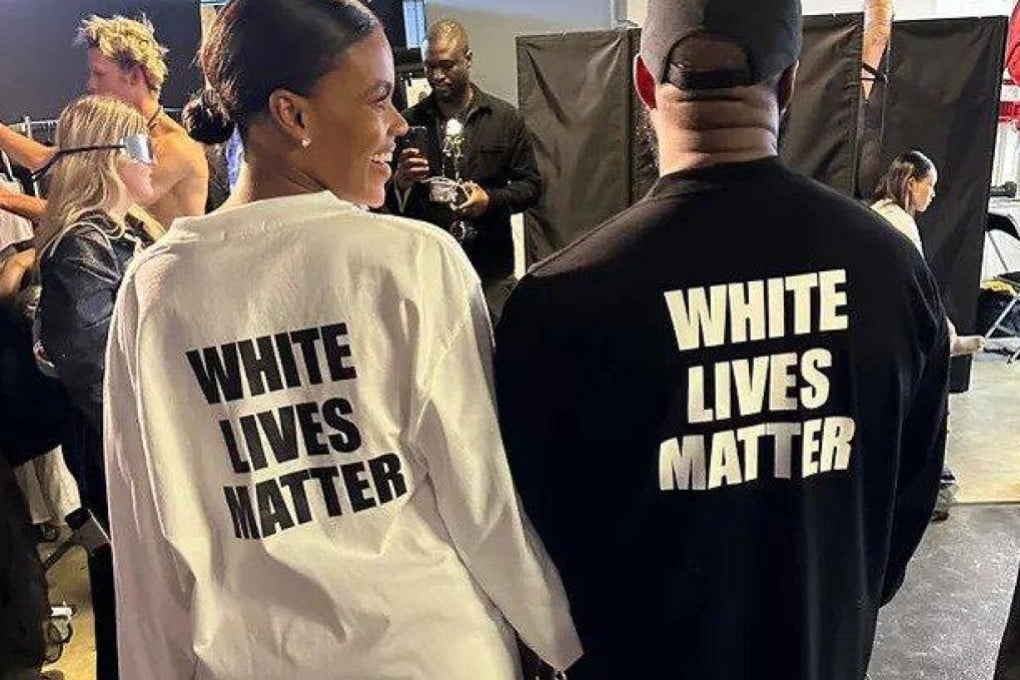Advertisement
Kanye West’s ‘White Lives Matter’ shirts show fashion and politics often go hand in hand – and they have done for most of history
- Fashion has often been used to make political statements throughout history, dating all the way back to Ancient Roman laws that dictated who could wear what
- We take a look at several stand-out moments where sartorial choices were made with politics in mind, from a ‘hug a hoodie campaign’ to the wearing of the hijab
Reading Time:4 minutes
Why you can trust SCMP

Fashion and politics have been intertwined since ancient times, when Roman Sumptuary Laws dictated which citizens were allowed to wear what. There have been countless examples of similar statutes in the years since, such as during the French Revolution (1789-1799) when the extravagance of the aristocracy was outlawed.
Advertisement
In more recent examples, the US Civil Rights Movement (1954-1968) had a dress code asking protesters to wear their “Sunday Best”, while the political organisation the Black Panther Party (1966-1982) adopted black berets and leather jackets.
Never, however, has fashion been more political than now. Sometimes, this is deliberate – see Kanye West’s “White Lives Matter” shirt at Paris Fashion Week – while other incidents are more unexpected.
Here are six moments throughout recent history that have indelibly linked fashion and politics together.
1. Brazil’s football shirt

Brazil’s yellow football shirts became divisive after far-right leader Jair Bolsonaro’s supporters started wearing them during his 2018 election campaign.
Advertisement

Advertisement